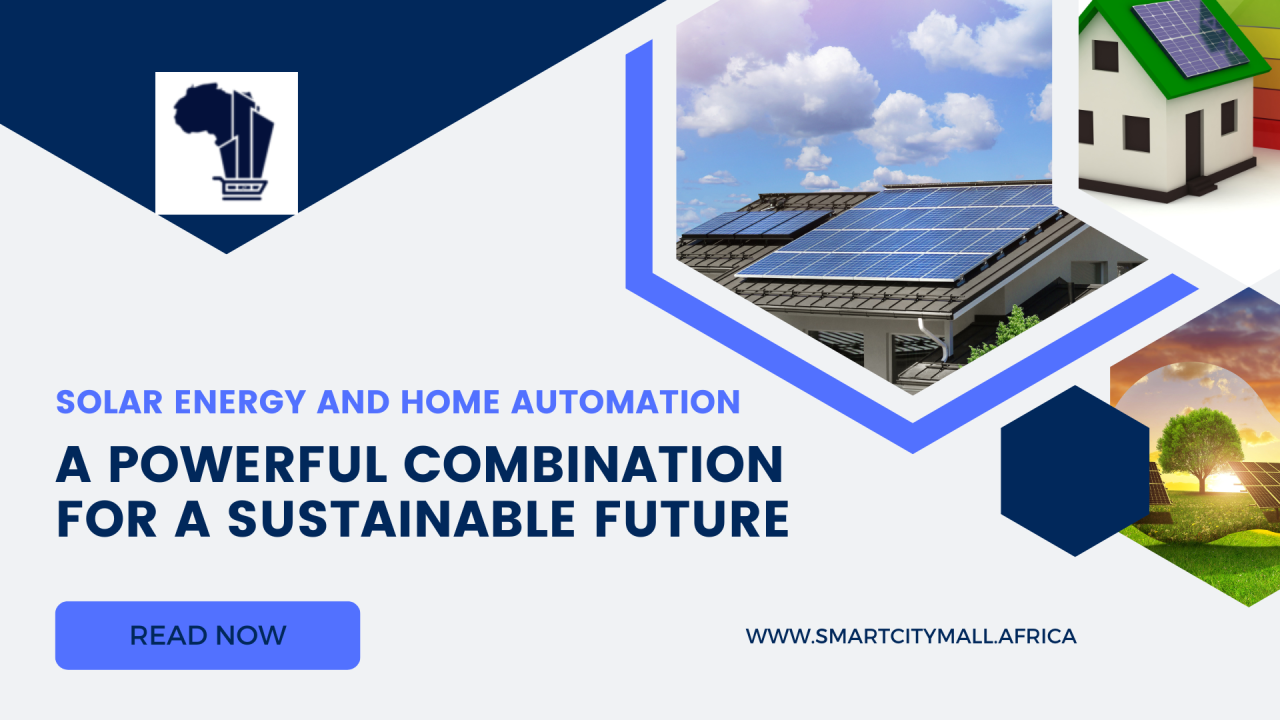Empowering Homes: The Evolution of Renewable Energy Home Technologies
The pursuit of sustainable living has ushered in a new era of innovation, where Renewable Energy Home Technologies play a pivotal role in transforming residences into eco-friendly, energy-efficient havens. This article delves into the diverse range of technologies shaping the future of renewable energy within our homes.
Explore the world of Renewable Energy Home Technologies at waslinfo.org for comprehensive insights into sustainable living practices.
1. Solar Photovoltaic Systems: Harnessing the Power of the Sun
At the forefront of renewable energy technologies for homes are solar photovoltaic (PV) systems. These systems capture sunlight and convert it into electricity, providing a clean and abundant energy source. Integrated solar panels on rooftops or as part of building materials exemplify the seamless integration of solar PV systems into residential structures.
2. Smart Home Energy Management Systems
The evolution of renewable energy home technologies is intertwined with the rise of smart home energy management systems. These systems leverage advanced technologies like IoT devices and artificial intelligence to optimize energy consumption. Homeowners can monitor and control their energy usage, ensuring efficiency and reducing overall environmental impact.
3. Wind Turbines for Residential Energy Generation
Innovations in small-scale wind turbines bring wind energy into the residential realm. These compact turbines are designed for urban and suburban environments, capturing wind energy to generate electricity. As technology advances, residential wind turbines become a viable option for homeowners seeking diverse renewable energy sources.
4. Energy-Storage Solutions: Power When You Need It
Effective energy storage is crucial for maximizing the benefits of renewable energy at home. Advanced battery technologies, such as lithium-ion batteries, enable homeowners to store excess energy generated by solar panels or wind turbines. This stored energy can then be utilized during periods of low renewable energy production, ensuring a continuous and reliable power supply.
5. Geothermal Heating and Cooling Systems
Geothermal systems tap into the Earth’s stable temperatures to provide efficient heating and cooling for homes. By utilizing the ground as a heat source in winter and a heat sink in summer, geothermal systems offer a sustainable alternative to traditional HVAC systems. These systems contribute to energy savings and a reduced carbon footprint.
6. Energy-Efficient Smart Appliances
The synergy between renewable energy and smart technology extends to household appliances. Energy-efficient smart appliances, such as smart thermostats, refrigerators, and lighting systems, work in tandem with renewable energy sources to optimize energy consumption. This integration enhances overall energy efficiency within the home.
7. Sustainable Building Materials and Design
The concept of renewable energy home technologies extends beyond specific devices to the very structure of homes. Sustainable building materials and design principles contribute to energy efficiency and thermal regulation. Passive solar design, energy-efficient windows, and proper insulation exemplify how homes can be designed to maximize the benefits of renewable energy.
8. Hydropower Innovations for Residential Use
In certain regions, hydropower innovations provide a renewable energy option for homeowners. Micro-hydroelectric systems harness the power of flowing water to generate electricity. These systems, designed for residential use, offer a sustainable alternative for properties with access to water resources.
9. Electric Vehicle Charging Infrastructure
As electric vehicles (EVs) become more prevalent, integrating charging infrastructure into homes becomes a key aspect of renewable energy technologies. Homeowners can install EV charging stations powered by their renewable energy sources, creating a seamless and sustainable ecosystem for both transportation and residential energy needs.
10. Community-Based Renewable Energy Initiatives
The future of renewable energy home technologies extends beyond individual homes to community-based initiatives. Collaborative efforts to harness renewable energy at a community level, such as shared solar projects or neighborhood wind farms, demonstrate the potential for widespread adoption of sustainable practices.
In conclusion, Renewable Energy Home Technologies represent a dynamic shift towards sustainable and self-sufficient living. From solar PV systems to smart home management and innovative building designs, these technologies redefine the way we power and inhabit our homes. For a comprehensive exploration of renewable energy living practices, visit waslinfo.org.

